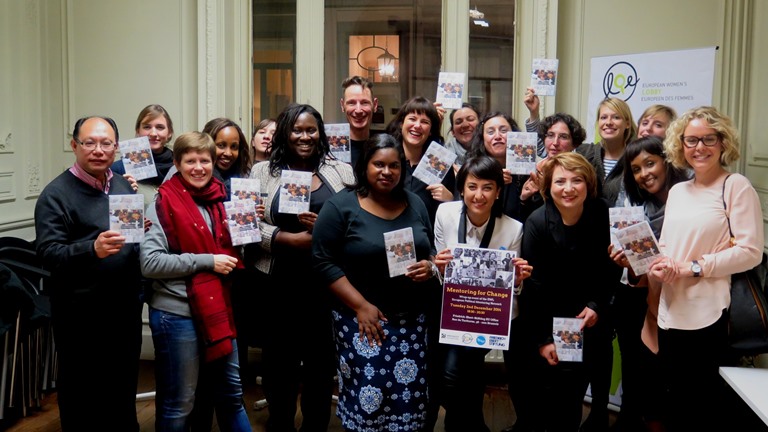[Financial Times, London, 01 March 2012] Some of Europe’s biggest companies on Thursday responded to political pressure by publishing their targets for increasing the number of women in senior corporate roles and launching a database of female board candidates.
The twin initiatives – under the umbrella of the European Round Table of Industrialists – come just days before Viviane Reding, European Union justice commissioner, is set to give her assessment of corporate progress in bringing more women on to boards. Ms Reding had threatened legislation if by this month she judged progress was insufficient and will make a statement on Monday.
Thirty-one companies have so far agreed to sign up to one or both ERT initiatives. They include Siemens, Total, Telefónica, BASF and Philips. Twenty-three of them on Thursday published their targets and timetable for increasing the percentage of executive or non-executive women.
STMicroelectronics’ president and chief executive Carlo Bozotti, who heads the ERT working group handling the initiatives, said that the organisation would have pressed ahead with its plans irrespective of the European commissioner’s imminent progress assessment.
“It’s not just a statement: it’s practical things that we’re doing here,” he said. ST, a Franco-Italian semiconductor company, aims to increase the number of women in management from 10 per cent now to 15 per cent in three years.
Ms Reding last year urged European companies to sign a voluntary “Women on the Board Pledge for Europe”, committing themselves to reach a target of 30 per cent for female board members by 2015 and 40 per cent by 2020. Only 24 have signed, none of them from among the 31 companies backing the ERT plans.
The ERT said that it preferred company-specific targets to a “one-size-fits-all” approach. Mr Bozotti pointed out that it was particularly challenging for industrial companies to improve the number of women in the executive “talent pipeline”. He said that the voluntary commitment would be reviewed annually at ERT level.
Nearly 20 ERT members will also work with three executive search firms – Egon Zehnder, Russell Reynolds and Spencer Stuart – to deepen the pool of potential female board members. Chief executives and chairmen will recommend women for inclusion in a new database, from which the headhunters will recommend candidates for board positions.
Vittorio Colao, chief executive of Vodafone, the telecoms group, said: “If each of us comes up with three to five names, suddenly we’re providing the system with a long list of hard-working, incredibly competent women [for board roles] … But we also need to enlarge the pipeline behind the board.”
Voluntary initiatives to increase the number of women in senior corporate ranks have proliferated in the past two years. In Europe, this has happened in parallel with threats to impose quotas.





